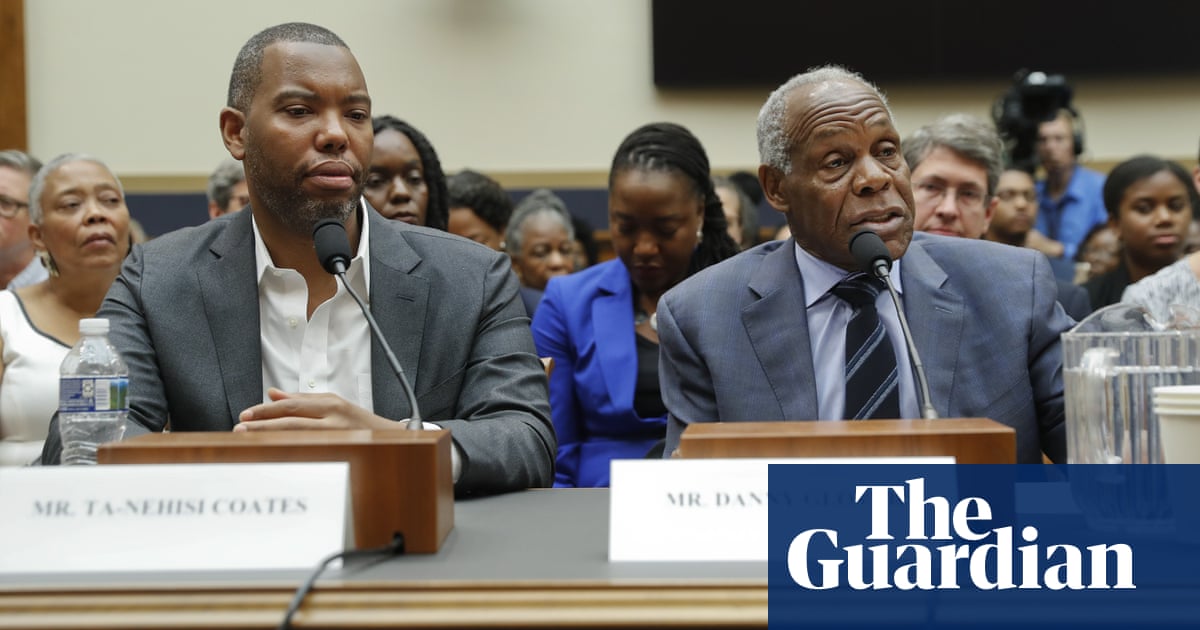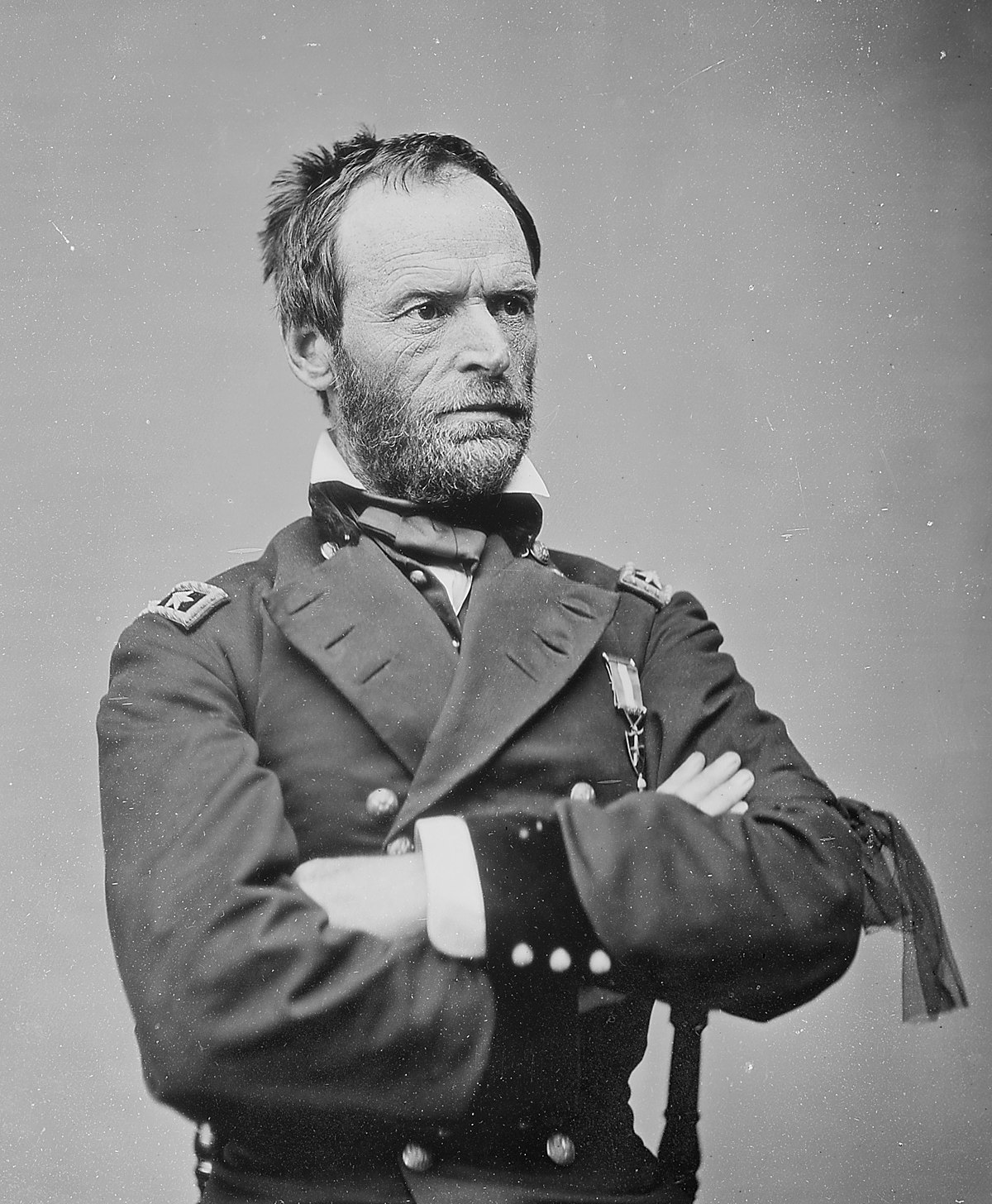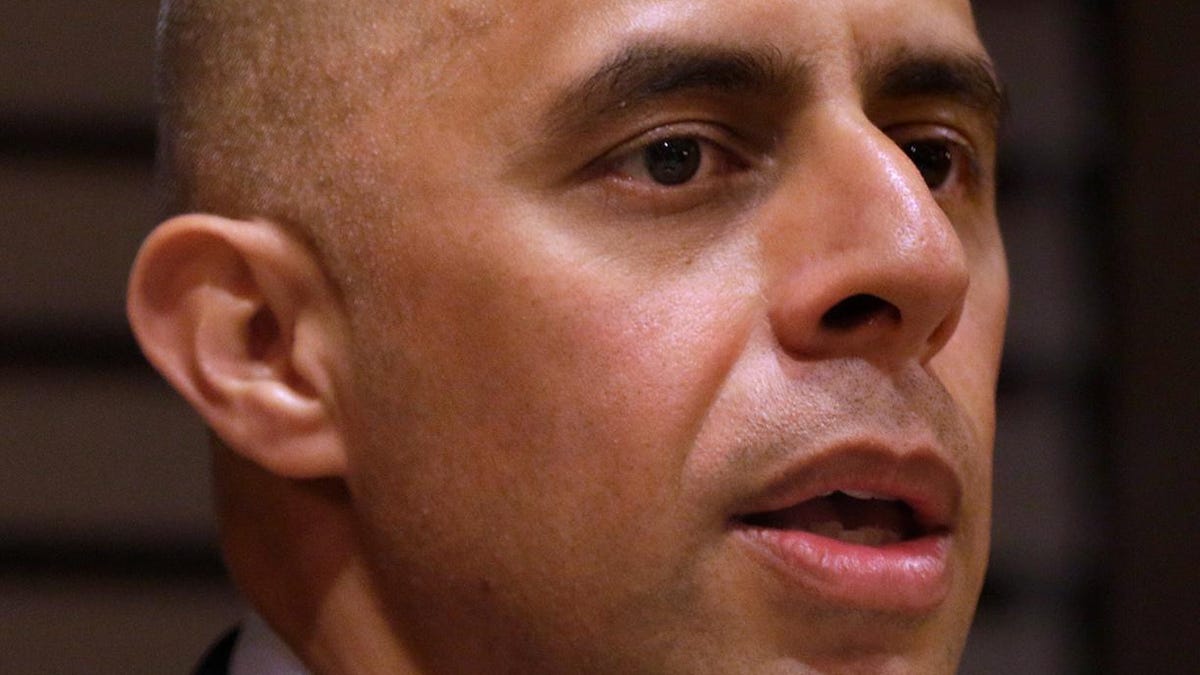5fish
Well-Known Member
- Joined
- Jul 28, 2019
- Messages
- 10,757
- Reaction score
- 4,577
Here is an article about the AP...And btw, if the info actually came from the AP why didn't you post that as the source?

Why does everyone trust the Associated Press for calling races? - Poynter
TL;DR more than a century of history
AP has been the gold standard for calling races for decades. Many (if not most) news organizations look to them on election night and share the AP’s reporting and election calls with their audiences. Here’s one explanation of how that works from NPR.









